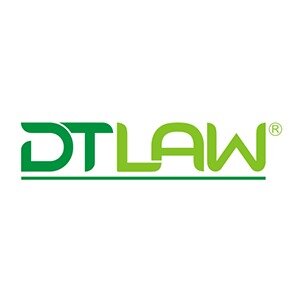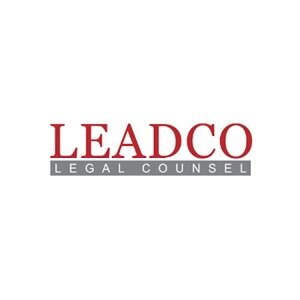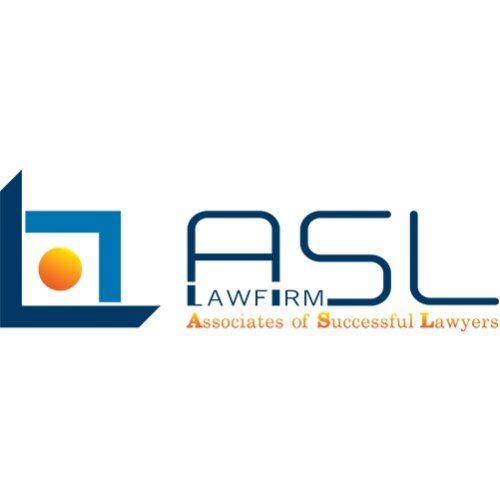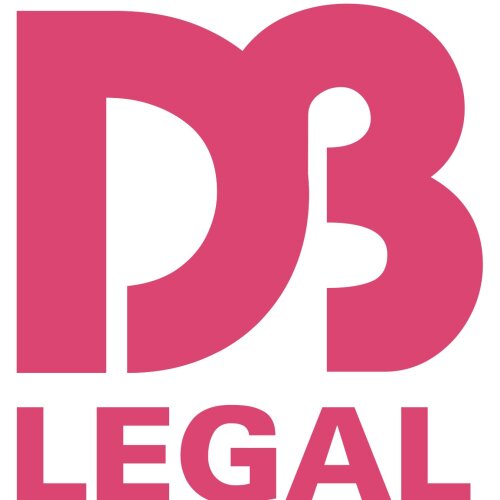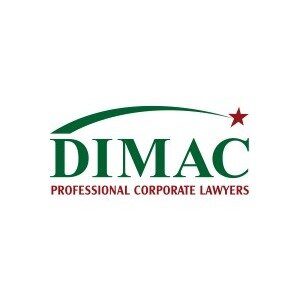Best ESG Advisory & Compliance Lawyers in Hanoi
Share your needs with us, get contacted by law firms.
Free. Takes 2 min.
List of the best lawyers in Hanoi, Vietnam
About ESG Advisory & Compliance Law in Hanoi, Vietnam
Environmental, Social, and Governance (ESG) advisory and compliance services are becoming increasingly important in the business landscape of Hanoi, Vietnam. ESG refers to the three central factors in measuring the sustainability and ethical impact of an investment or business. Companies in Hanoi are facing growing pressure from investors, regulators, and consumers to demonstrate responsible business practices. ESG law and advisory services help businesses understand, adapt to, and comply with relevant regulations, as well as align their operations with international ESG standards. Legal professionals specializing in ESG advisory assist companies in navigating environmental regulations, labor rights, anti-corruption compliance, corporate governance, and disclosure requirements that aim to foster sustainable development and responsible investment in Vietnam.
Why You May Need a Lawyer
There are several situations where seeking legal help with ESG advisory and compliance in Hanoi can be crucial. If your business is planning to expand operations, launch new projects, or enter into joint ventures, it is important to ensure that all activities comply with current ESG regulations. Legal counsel can also assist during mergers and acquisitions, investment rounds, or when your company is facing audits, inspections, or potential penalties for non-compliance. Additionally, if you are preparing for public disclosure of ESG performance, dealing with environmental permits, or addressing labor and human rights concerns, having a lawyer familiar with Vietnam's ESG framework can help you avoid mistakes and ensure compliance.
Local Laws Overview
Vietnam has enacted several legal instruments governing ESG matters, with an increasing focus on international best practices. Key local laws and regulations include the Law on Environmental Protection, the Labor Code, the Anti-corruption Law, and corporate governance regulations issued by the State Securities Commission and Ministry of Finance. Environmental regulations require companies to assess and mitigate their impact, disclose sustainability data, and obtain relevant environmental permits. On the social front, labor laws dictate working conditions and employee rights, while anti-corruption legislation mandates transparent operations. The government also encourages businesses, particularly those listed on the stock market, to publish ESG-related reports and policies. Enforcement is becoming stricter, with penalties possible for non-compliance.
Frequently Asked Questions
What is ESG and why is it important for companies in Hanoi?
ESG stands for Environmental, Social, and Governance. It represents standards for corporate operations that are socially conscious, environmentally sustainable, and managed ethically. Companies in Hanoi need to pay attention to ESG to meet legal requirements, attract investments, and enhance their reputation.
Are there specific ESG reporting requirements for businesses in Vietnam?
Listed companies and some large enterprises are required to publish information related to environmental management, social responsibility, and corporate governance. Non-listed companies may also face industry-specific requirements or investor demands for ESG reporting.
What are the main environmental compliance obligations for businesses in Hanoi?
Key obligations include conducting environmental impact assessments, obtaining environmental permits, managing waste responsibly, and regularly reporting environmental performance to authorities.
Does ESG compliance impact foreign investment?
Yes, foreign investors often assess ESG performance when considering investments. Strong ESG compliance can attract investment, while failures may deter potential partners or lead to divestments.
Can SMEs in Hanoi ignore ESG regulations?
No, while SMEs may not be subject to the same extensive disclosure requirements as large corporations, they must still comply with relevant environmental, labor, and governance laws. Non-compliance can result in penalties or impact business relationships.
How are labor issues addressed in ESG compliance?
Vietnam’s Labor Code sets out rights and standards for workers. Ensuring safe working conditions, fair pay, and respect for labor rights is integral to ESG compliance in the social dimension.
What penalties can companies face for ESG non-compliance?
Penalties can include fines, revocation of business permits, compensation for damages, public disclosure of violations, and in severe cases, criminal charges.
Is ESG compliance mandatory in all sectors?
Some ESG requirements are sector-specific, such as stricter environmental rules for manufacturing or energy. However, most businesses are subject to general ESG-related laws and regulations.
How can legal professionals help with ESG strategy?
Lawyers help businesses identify relevant regulations, design compliance programs, conduct risk assessments, prepare necessary reports, and respond to government inquiries or enforcement actions.
What steps should a company take to begin ESG compliance?
A company should assess its current practices, identify applicable laws, consult with legal professionals or ESG consultants, implement compliance measures, and establish ongoing monitoring and reporting procedures.
Additional Resources
Several resources and organizations in Vietnam can help with ESG advisory and compliance. The Ministry of Natural Resources and Environment provides environmental guidance and permits, while the State Securities Commission oversees corporate governance and disclosure requirements. The Vietnam Chamber of Commerce and Industry offers training and updates on ESG matters. Industry associations, consulting firms, and law firms with expertise in ESG can also be valuable partners for businesses looking to improve compliance and sustainability practices.
Next Steps
If you need legal assistance with ESG advisory and compliance in Hanoi, start by gathering information about your company's current practices and any challenges you face. Make a list of specific concerns or questions related to environmental, social, or governance issues. Contact a reputable law firm or legal consultant specializing in ESG matters and request an initial consultation. A qualified lawyer can evaluate your needs, explain your compliance obligations, and help you develop a strategy tailored to your business. Ongoing education and dialogue with regulatory authorities and industry peers are also recommended to stay updated on evolving ESG requirements in Vietnam.
Lawzana helps you find the best lawyers and law firms in Hanoi through a curated and pre-screened list of qualified legal professionals. Our platform offers rankings and detailed profiles of attorneys and law firms, allowing you to compare based on practice areas, including ESG Advisory & Compliance, experience, and client feedback.
Each profile includes a description of the firm's areas of practice, client reviews, team members and partners, year of establishment, spoken languages, office locations, contact information, social media presence, and any published articles or resources. Most firms on our platform speak English and are experienced in both local and international legal matters.
Get a quote from top-rated law firms in Hanoi, Vietnam — quickly, securely, and without unnecessary hassle.
Disclaimer:
The information provided on this page is for general informational purposes only and does not constitute legal advice. While we strive to ensure the accuracy and relevance of the content, legal information may change over time, and interpretations of the law can vary. You should always consult with a qualified legal professional for advice specific to your situation.
We disclaim all liability for actions taken or not taken based on the content of this page. If you believe any information is incorrect or outdated, please contact us, and we will review and update it where appropriate.






